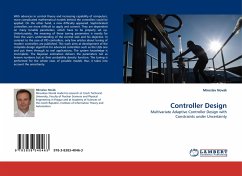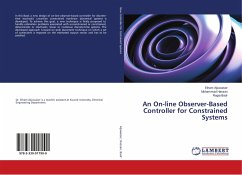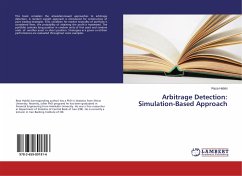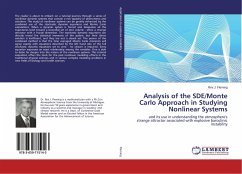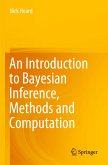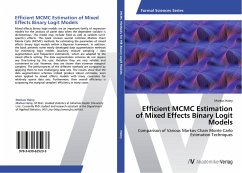With advances in control theory and increasing capability of computers, more complicated mathematical models behind the controllers could be applied. On the other hand, a new difficulty appeared. Sophisticated controllers are more difficult to apply and commit. They are dependent on many tunable parameters, which have to be properly set up. Unfortunately, the meaning of these tuning parameters is mostly far from the user's understanding of the control task and his objective. In contrast to the case of PID controllers, only few articles about tuning of modern controllers are published. This work aims at development of the complete design algorithm for advanced controllers such as the LQG one and put them through to real applications. The system knowledge is incomplete. The Bayesian estimation delivers the parameters not as known numbers but as their probability density function. The tuning is performed for the whole class of possible models thus it takes into account the uncertainty.
Bitte wählen Sie Ihr Anliegen aus.
Rechnungen
Retourenschein anfordern
Bestellstatus
Storno

